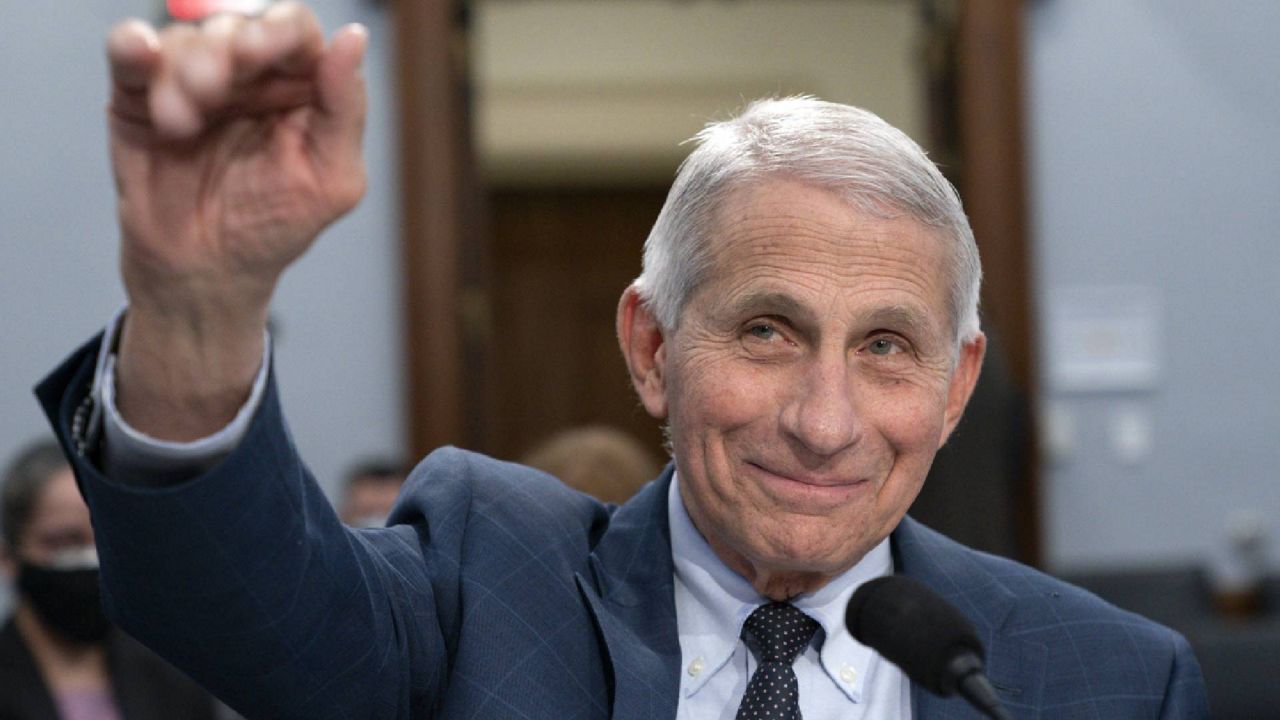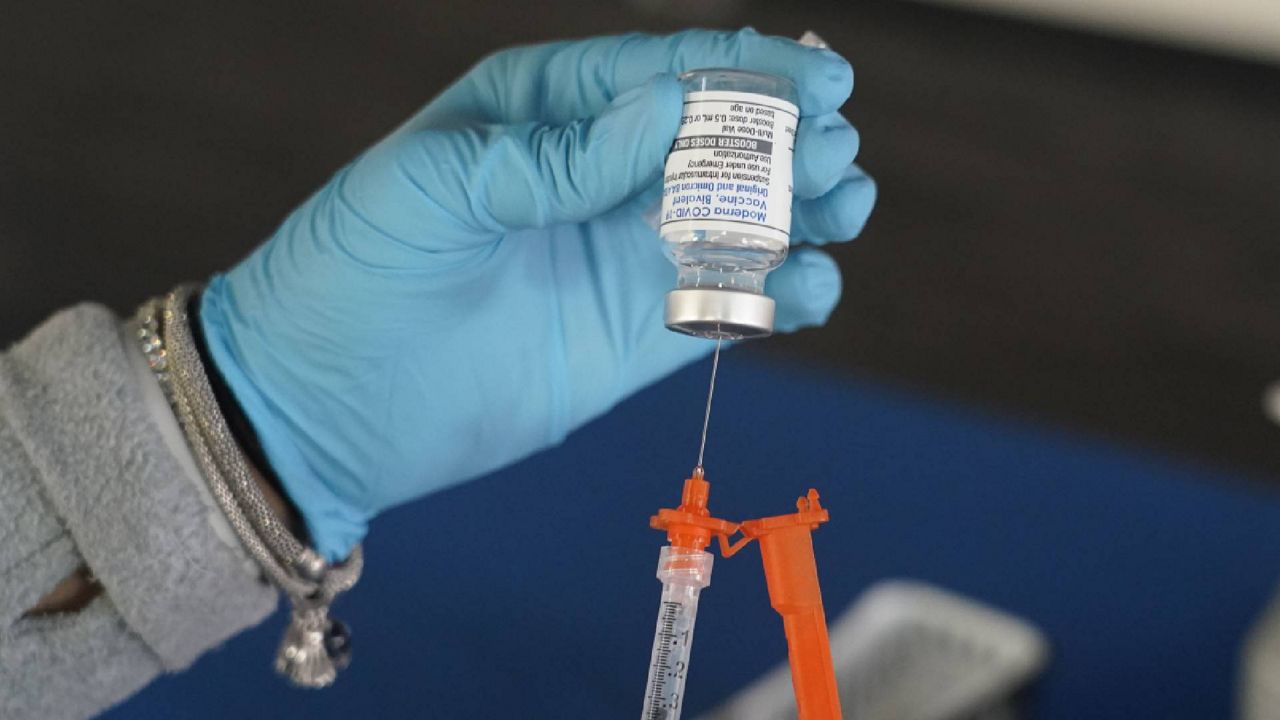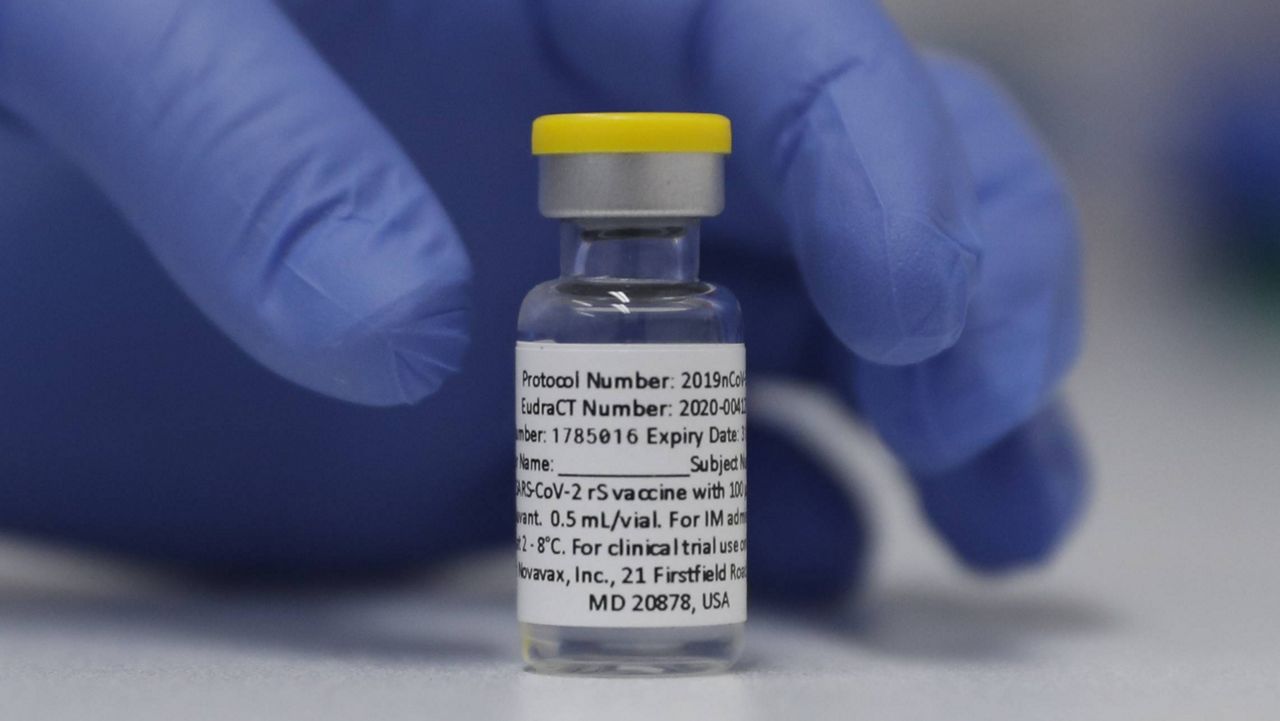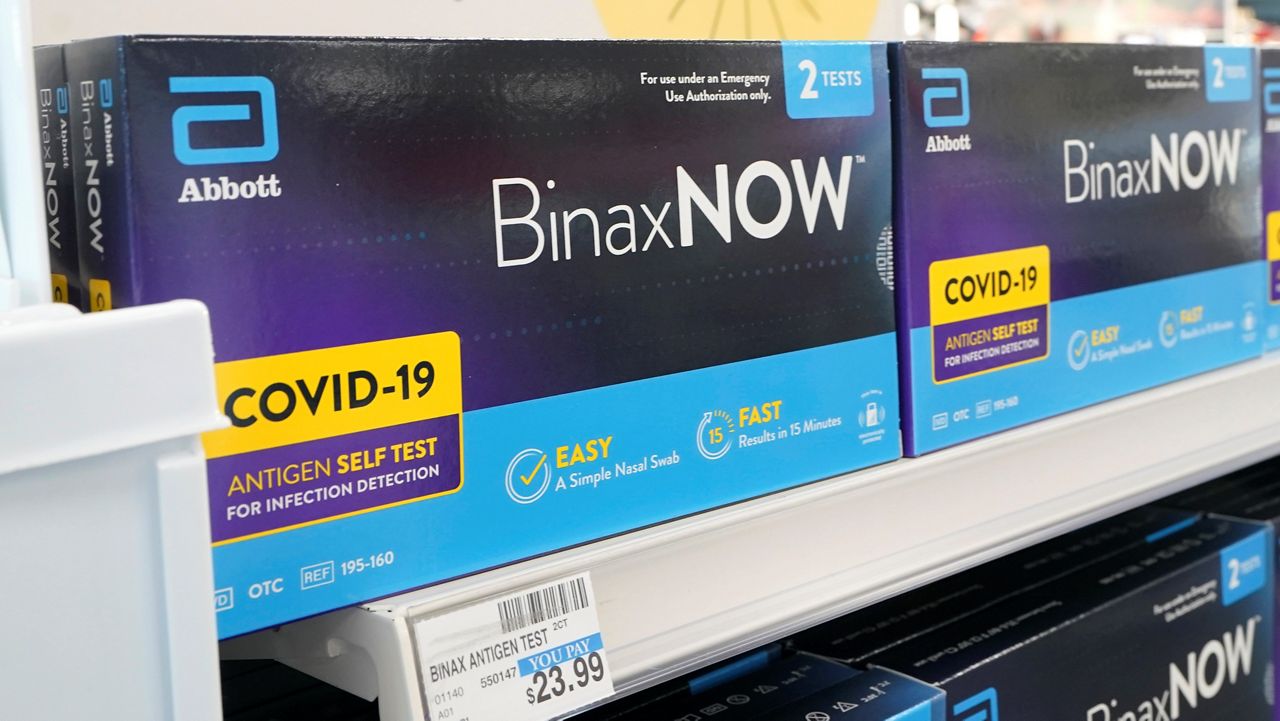In probably his final time briefing reporters at the White House podium, the nation’s top infectious disease expert Dr. Anthony Fauci on Tuesday ticked through data showing how the updated COVID boosters are safe and effective – an effort to inform that has drawn both praise and ire for the top doctor over the last two-and-half years.
Dr. Fauci will step down in December, he announced this summer, ending a five-decade career in government service, 38 years as head of the National Institute of Allergy and Infectious Diseases. He also serves as President Joe Biden’s chief medical adviser.
A White House official told Spectrum News that Tuesday would “likely” be his last time addressing the briefing room, as he began to do more regularly under former president Donald Trump when COVID-19 was first identified.
He noted that the coronavirus was just a “fraction” of his work on diseases over the last four decades.
“Every day for all of those years, I've given it everything that I have and I've never left anything on the field,” he said. “So if they want to remember me – whether they judge rightly or wrongly what I've done – I gave it all I got for many decades.”
Fauci has worked under seven presidents, first as an associate at the National Institutes of Health and then as NIAID chief. He was at the forefront of combatting the HIV/AIDS epidemic in the 1980s, and he received the Presidential Medal of Freedom from George W. Bush in 2008. He's been a leader in pivotal research on and response to global HIV/AIDS issues, according to his official biography, and he helped create the President’s Emergency Plan for AIDS Relief (PEPFAR), "which has helped save millions of lives throughout the developing world."
On Tuesday, Fauci outlined recent data showing the safety and effectiveness of the updated COVID-19 boosters, which protect against the original strain and omicron variant. The White House has launched a six-week campaign to increase the number of shots before the end of the year.
“Recent data that has come out indicate that if, in fact, you are vaccinated and boosted compared to an unvaccinated person, there's a 14 times lower risk of dying,” he said.
The more recent booster is critical to “update” one’s protection from the virus this holiday season, Fauci added.
A Centers for Disease Control and Prevention report released Tuesday morning used real world data to conclude that the bivalent boosters provide “significant additional protection” against COVID-19 symptoms, whether someone has had 2, 3 or 4 doses already.
“We know it’s safe, and we know that it is effective,” Fauci said. “My final message – maybe the final message I give you from this podium – is that: Please, for your own safety, for that of your family, get your updated COVID-19 shot as soon as you're eligible.”
Dr. Ashish Jha, the White House COVID-19 response coordinator, called Fauci on Tuesday “the most important, consequential public servant in the United States in the last half century and a leader and a role model for so many of us.”
“So Tony, thank you,” Dr. Jha said.
Like he did Tuesday, Dr. Fauci throughout the pandemic has delivered messages at the White House that were sometimes met with criticism from President Trump and Republicans – such as his and other experts’ conflicting advice about masks early on.
Fauci responded to that on Tuesday: “We were dealing with truly a moving target.”
“You have to make [recommendations] on the basis of the information that you have at that time,” he added, giving advice to health officials moving forward: “We’ve probably got to do a better job of, when we talk to the public, [explaining] that this is a dynamic situation that could change. I've said that from this podium multiple times.”
But, Fauci said, the most difficult thing for him to experience was how, as a physician, he watched as political views and partisanship interfered with something as non-partisan as people’s health and survival.
“When I see people in this country … not getting vaccinated for reasons that have nothing to do with public health but have to do because of divisiveness and ideological differences – as a physician, it pains me,” he said.
“Because I don't want to see anybody get infected. I don't want to see anybody hospitalized. And I don't want to see anybody die from COVID,” he added.
“Whether you're a far-right Republican or a far-left Democrat doesn't make any difference to me. I look upon it the same way as I did in the emergency room in the middle of New York City when I was taking care of everybody that was coming in, off the street. So that's the thing that troubles me most about this.”









